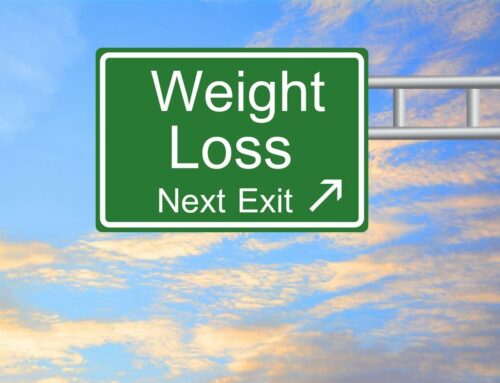Understanding of Weight Loss Plateaus
Embarking on a weight loss journey can be both exhilarating and challenging. You start strong, make significant progress, and then suddenly, the scale refuses to budge. Welcome to the infamous weight loss plateau – a frustrating phase that many individuals encounter on their path to a healthier lifestyle. But fear not, for this seemingly insurmountable hurdle can be overcome with the right strategies and, sometimes, the assistance of maintenance medications.
The Plateau Predicament
Picture this: you’ve diligently adhered to your diet and exercise regimen, shedding pounds steadily week after week. Then, out of nowhere, your progress stalls. Despite maintaining your efforts, the numbers on the scale refuse to change. It’s a scenario that can leave even the most dedicated individuals feeling defeated and demotivated.
Understanding the Plateau
So, why does this plateau phenomenon occur? There are several reasons, both physiological and psychological, behind this frustrating halt in progress.
1) Metabolic Adaptation: When you lose weight, your body adapts to the changes by slowing down its metabolic rate. This means that as you shed pounds, your body requires fewer calories to maintain its current weight, making further weight loss more challenging.
2) Muscle Loss: Rapid weight loss can result in the loss of lean muscle mass. Since muscle burns more calories than fat, a decrease in muscle mass can lead to a slower metabolism, making weight loss more difficult.
3) Adherence Issues: Over time, it’s not uncommon for adherence to diet and exercise plans to wane. Whether due to lifestyle changes, stress, or simply boredom with the routine, slipping up on your weight loss efforts can contribute to hitting a plateau.
4) Water Retention: Fluctuations in water retention, often influenced by factors like sodium intake, hormonal fluctuations, and hydration levels, can mask fat loss on the scale, creating the illusion of a plateau.
Breaking Through the Plateau
The good news is that plateaus are not permanent, and there are strategies you can employ to break through them.
1) Dietary Adjustments: Sometimes, all it takes to overcome a plateau is a tweak in your diet. Experiment with adjusting your macronutrient ratios, calorie intake, or meal timing to jumpstart your metabolism and reignite weight loss.
2) Increase Physical Activity: Incorporating new exercises or increasing the intensity and duration of your workouts can help rev up your metabolism and push past the plateau.
3) Manage Stress: Stress can wreak havoc on your hormones and metabolism, making weight loss more challenging. Implement stress-reducing activities such as meditation, yoga, or spending time outdoors to support your weight loss efforts.
4) Stay Consistent: Consistency is key when it comes to weight loss. Even when you hit a plateau, it’s essential to stay committed to your healthy habits and trust the process.
The Role of Maintenance Medications
While lifestyle modifications are the cornerstone of sustainable weight loss, for some individuals, incorporating maintenance medications can be a valuable tool in managing weight and preventing regain.
Maintenance medications, such as prescription appetite suppressants or medications that target fat absorption, can help support weight loss efforts by curbing hunger, increasing feelings of fullness, or reducing the absorption of dietary fat.
These medications are typically prescribed in conjunction with a comprehensive weight loss program and are intended for long-term use to help individuals maintain their weight loss results over time.
Conclusion
Hitting a weight loss plateau can be discouraging, but it’s important to remember that it’s a normal part of the journey. By understanding the factors that contribute to plateaus and implementing strategies to overcome them, you can continue making progress towards your weight loss goals.
For some individuals, incorporating maintenance medications may be necessary to support long-term weight management efforts. However, it’s crucial to work closely with healthcare professionals to determine the most appropriate approach for your individual needs and ensure that any medications are used safely and effectively.
Ultimately, sustainable weight loss requires a combination of healthy lifestyle habits, ongoing commitment, and sometimes, a little extra support. So stay focused, stay consistent, and remember that with patience and perseverance, you can overcome any obstacle on your journey to a healthier, happier you.






